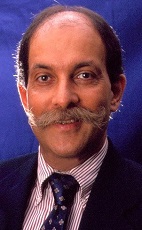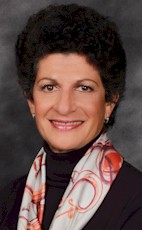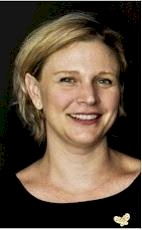
Wherever your hotel happens to be, it's always possible to use your location and its natural assets to differentiate your destination from the competition-whether it's seasons or a lack of them; access to a bustling city center or a welcomed distance from one; backdrops of beaches or parkland and then some. At Mountain Shadows Resort, our development team sought to turn our desert setting (heat and all) into a hot commodity by applying an outside-in approach to design, architecture and programming. The result? Cool experiences that allow guests to admire and enjoy the great outdoors all year long. READ MORE



















